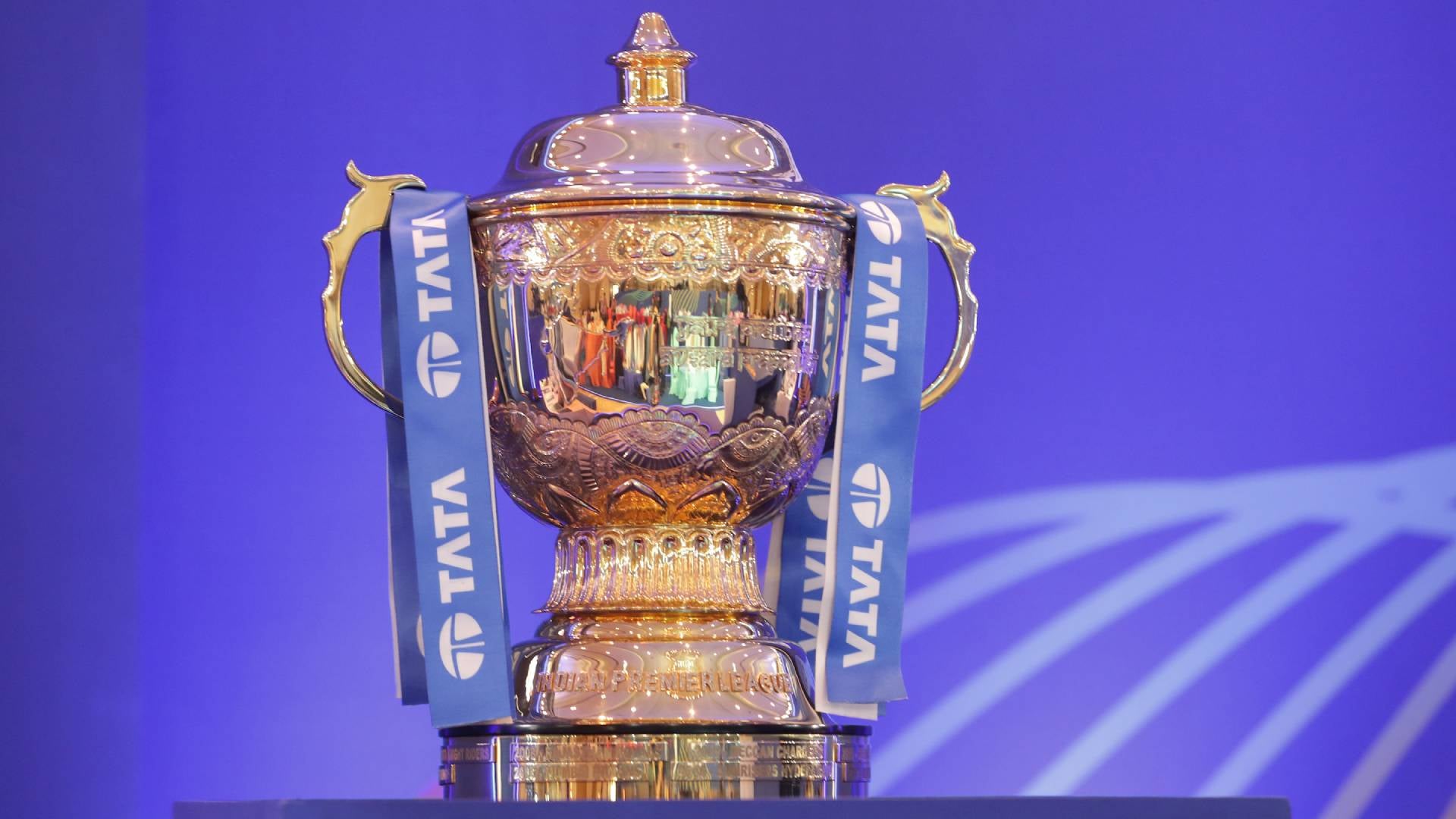
This story has been updated during the afternoon of June 14, as new information regarding the e-auction process (which will continue), came to light.
The originally-stated figure in this article reported that the overall value of the IPL's domestic rights came to $5.1 billion, which has subsequently been updated.
The winning bids for Package A – just over $3 billion from Star India – and Package B – an equal amount from Viacom18 – have also since been confirmed.
The sale of the main two domestic rights packages for the 2023-27 cycle of domestic Twenty20 cricket’s Indian Premier League was concluded yesterday (June 13), with the duo securing a total value of $6.1 billion across the next five years.
The domestic sale process, which began over the weekend and took place via an e-auction organized by the governing Board of Control for Cricket in India (BCCI), saw the final per-game value of the rights between 2023 and 2027 reach $13.78 million.
Pay-TV giant Star India has retained domestic TV rights (Package A), while conglomerate Viacom18 has muscled in and secured the digital rights package (Package B).

US Tariffs are shifting - will you react or anticipate?
Don’t let policy changes catch you off guard. Stay proactive with real-time data and expert analysis.
By GlobalDataThe e-auction is ongoing with other rights, including an international package (Package D, which is also platform-neutral and encompasses all games), now up for grabs.
The aforementioned figures mean a single IPL match between 2023-27 will be the second most valuable sporting property in the world, behind only a fixture from American football’s NFL.
The new overall rights value for the 10-team, two-month T20 league is substantially than double that of the 2018-22 cycle, when Star bought domestic IPL rights for $2.55 billion.
Different reports over the last few days had listed both Star and its pay-TV rival Sony Picture Networks (SPN) as the favorites for the domestic TV rights. SPN was displaced by Star five years ago during the previous sales process.
The per-match figure is split between Package A (domestic TV rights for India and the rest of the subcontinent), and Package B (digital rights for the same territories). ESPNCricinfo has reported that Package A will bring in around $7.36 million per game and that Package B has secured $6.41 million for each IPL fixture over the next five seasons.
Per match, the figure of $13.78 million represents an increase of 62% from the value during the previous cycle of $8.47 million. These match figures are based on there being 74 games per IPL season, although it is likely that towards the end of the next cycle, that number will increase, with some reports having suggested that the figure will be at 94 per season by 2027.
Over the next five years, both packages (A and B) will be worth just $3 billion for the league.
This substantial increase is largely down to exponential growth in the value of the digital rights.
Peter Scrimgeour, chief analyst at GlobalData Sport, has said: "Viacom18’s aggressive bid to secure online broadcast rights is a bet on India’s digital future. The rights will see a rapid surge in Indian video subscribers at the start of the 2023 IPL season and support the company's goal of creating a streaming giant in the country. It will also be a catalyst to grow the e-commerce and entertainment business of technology company Jio Platforms, a subsidiary of Reliance.
For Disney, the retention of television broadcast rights is a win as TV still remains the most popular way to watch the IPL, the rights are more readily monetizable and IPL advertising rates and sales are still increasing. While the [expected] loss of online rights will affect Disney’s streaming subscriber growth, Hotstar subscribers don’t generate much revenue and therefore won’t have a significant impact on earnings."
Bidders are now contesting the final two packages. Package C covers digital rights across the subcontinent for 18 fixtures per year, while Package D covers rights across all platforms for the rest of the world. It has been reported that bidding for Package C commenced late on Monday.
For Package C and Package D, the base prices per match were set at $2.05 million and $3 million, respectively.
Alongside Star and SPN, Viacom18 and Zee Entertainment were seen as the main firms expected to bid heavily for domestic rights.
According to ESPNCricinfo, media firm FunAsia, Indian newspaper group Times Internet, and sub-Saharan pay-TV broadcaster SuperSport have also been bidding potentially across all four packages.
While global media giants Amazon and Google both acquired the bidding documents, it was reported last week that both parties had decided not to take their interest any further.
It has also been suggested that the winning bidder for Package A will have had the right to enter further bids for Package B (if it is not already the winner of that bloc) in order to give the option of having one rightsholder for both domestic rights packages.
The tender process for the sale of these rights was launched on March 29, with this being the first time since the IPL’s launch in 2008 that an e-auction is being used.
It is also the first e-auction carried out for TV rights in Indian cricket since the last set of domestic rights to India’s national team home matches was sold in 2018. That process was a two-day affair.



